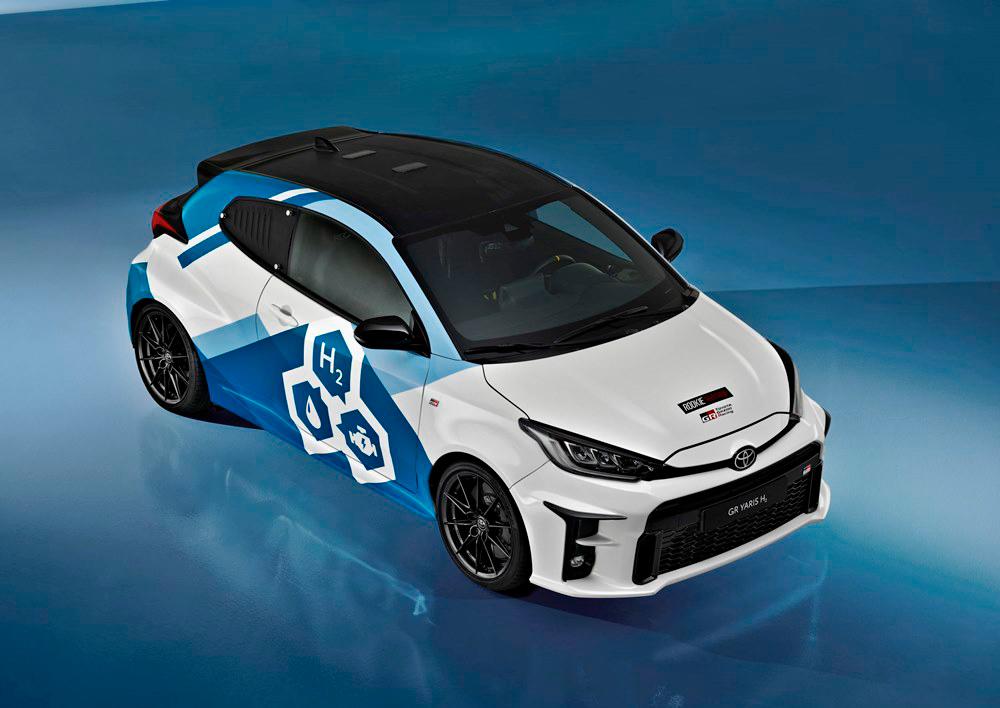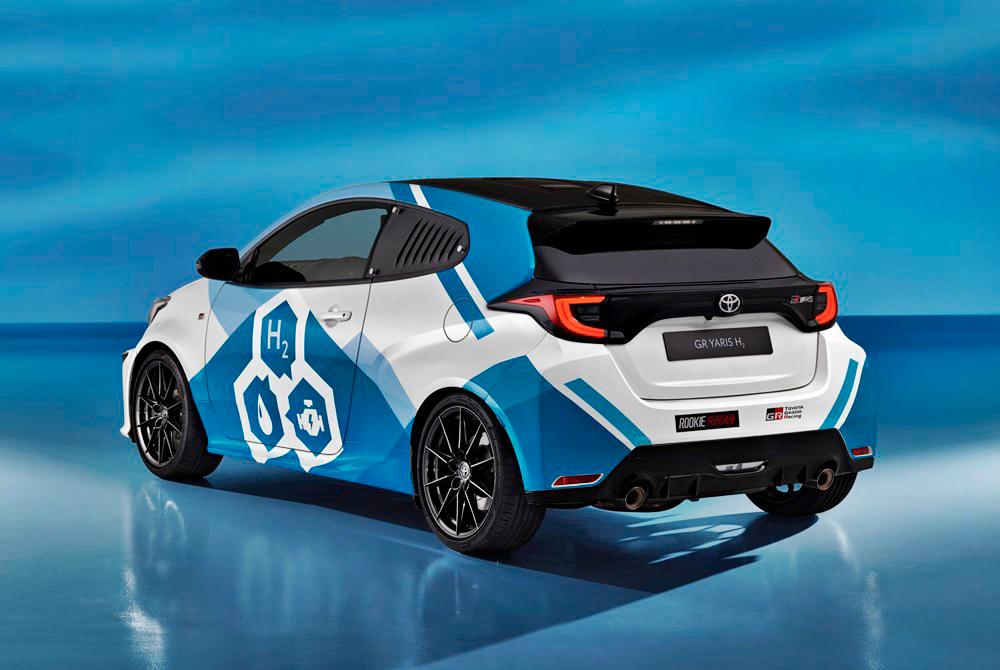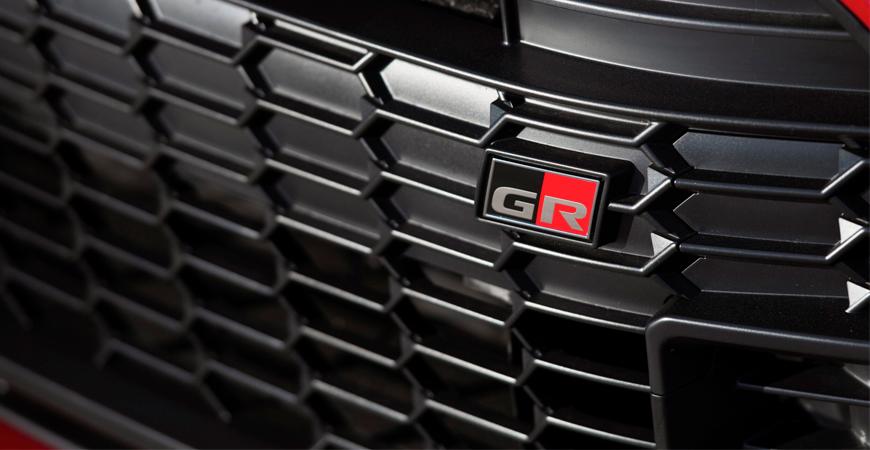IN a bold stance against the prevailing shift towards electric vehicles, Toyota’s Gazoo Racing division expresses unwavering confidence in the future of hydrogen combustion engines. Masahito Watanabe, Head of Gazoo Racing, asserts that internal combustion engines, particularly those powered by hydrogen, can coexist with the growing trend of electrification.

Watanabe highlighted that the internal combustion engine, specifically through hydrogen combustion, still holds untapped potential in the pursuit of zero-emission vehicles. He emphasised the commitment to exploring diverse technologies rather than succumbing to complete electrification. However, he acknowledged a significant obstacle: the lack of infrastructure for hydrogen vehicles, hindering enthusiasts who seek easy access to filling stations.

To overcome this challenge, Gazoo Racing anticipates support from the newly established Hydrogen Factory Europe, a division under Toyota Motor Europe. Tasked with expediting the commercialisation of hydrogen technology and systems, the division aims to address the infrastructure gap hindering the widespread adoption of hydrogen-powered vehicles.
Toyota envisions Europe becoming a leading hydrogen market globally, fueled by governmental investments and increasing interest from the private sector. The automaker believes hydrogen technology will find applications in heavy-duty transportation such as trucks, coaches, shipping, and even sports cars.
Watanabe emphasised Gazoo Racing’s commitment to providing a diverse range of options for customers. Alongside hydrogen combustion engines, the division will continue developing electric, hybrid, and fuel cell vehicles. Notably, progress on hydrogen engine vehicles is evident, with a GR Corolla completing a 24-hour race in the ENEOS Super Taikyu Series this year. The success further underscores Gazoo Racing’s dedication to pushing the boundaries of automotive technology.









